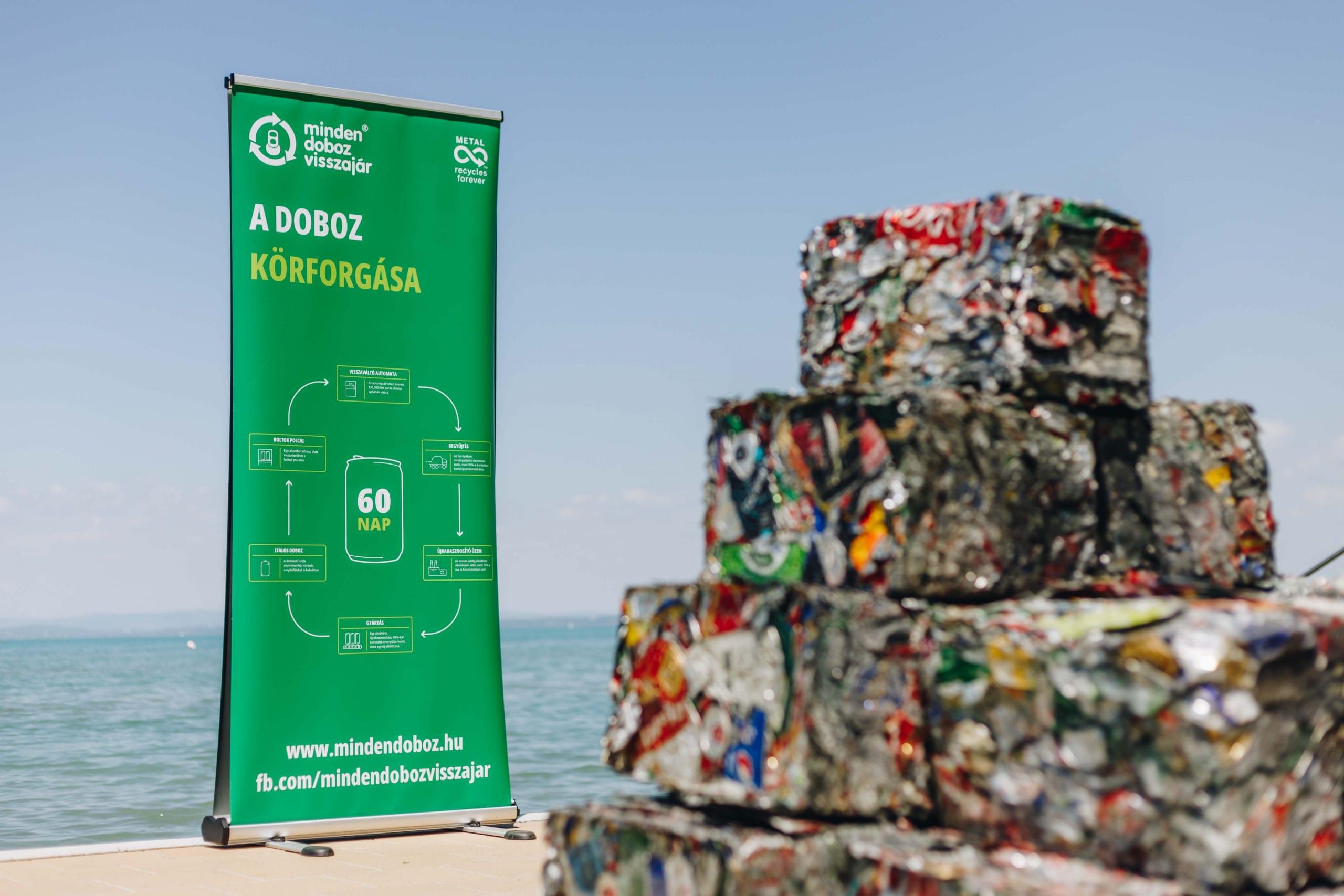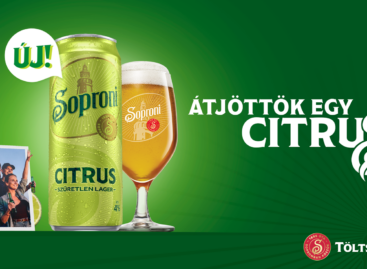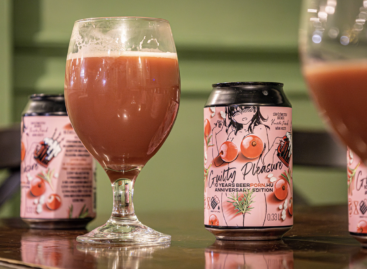Six things about beer cans that few people know
In the heat of summer and during festivals, people pick up hundreds of thousands of metal beverage containers – or as everyone calls them: beer cans – in order to pour the “liquid bread” into themselves. Not much attention is paid to the packaging, although we can certainly say a few interesting things about the box, which we may have in our hands.

Not much attention is paid to the packaging
Conscious consumers may also like the sleeping box because it is perfectly recyclable. If it is not always the most convenient choice, it is one of the best from a sustainability point of view, and this aspect is becoming more important every day. The aluminum box is not for the trash, and the selective trash can is not the best place for it. Aluminum is a valuable raw material – it is one of the most valuable of recyclable materials, so it also requires special treatment.
Beverage cans similar to today’s appeared in the 1930s, almost 100 years ago. Due to the expensive nature of aluminum, they were still typically made of tin, and a hole had to be punched in the top with a special opening tool. The disposable opening tab only became popular at the end of the 1950s, but this was not only environmentally polluting, but also dangerous – consumers often threw the tab into the box, which could easily get stuck in their throats. We had to wait until the end of the 1970s for the opening mechanism that is still known today. The material of the boxes has also changed, since in the 1960s they switched from tin to aluminum, which is light, easy to shape, perfectly recyclable, and does not allow light or odors to pass through.
More than 250 billion new aluminum cans are produced worldwide every year. That’s an amazing number! If we put these many, many boxes on top of each other, it would be a column so tall that it would reach 75 times to the moon and back. In Hungary alone, 1.1 billion sub-boxes are sold annually. This means more than 2000 pieces per minute!
Related news
Cultured beer consumption is at the forefront: quality and shared experience
🎧 Hallgasd a cikket: Lejátszás Szünet Folytatás Leállítás Nyelv: Auto…
Read more >Related news
MBH Analysis Center: The Hungarian economy may accelerate again in 2026, but the Iranian war carries serious risks
🎧 Hallgasd a cikket: Lejátszás Szünet Folytatás Leállítás Nyelv: Auto…
Read more >SPAR is preparing for an Easter rush: it is filling its stores with 570 tons of smoked meat products
🎧 Hallgasd a cikket: Lejátszás Szünet Folytatás Leállítás Nyelv: Auto…
Read more >Focus on the domestic fishing sector at SIRHA Budapest
🎧 Hallgasd a cikket: Lejátszás Szünet Folytatás Leállítás Nyelv: Auto…
Read more >









